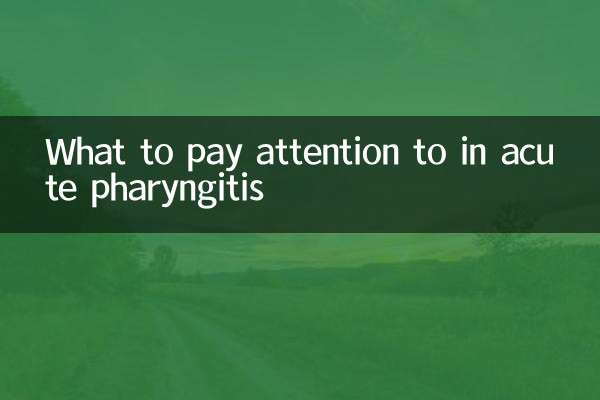What to eat helps depression
In recent years, depression has become one of the health issues of global concern. In addition to psychotherapy and medication, diet is also considered one of the important factors in relieving depression. This article will combine popular topics and hot topics across the network for the past 10 days to discuss which foods are helpful to depression and provide structured data for reference.
1. The relationship between depression and diet

Research shows that diet is closely related to mental health. Nutritional ingredients in certain foods can promote the synthesis of brain neurotransmitters, thereby improving mood. Here are the foods related to depression and their effects that have been discussed in the past 10 days:
| Food Categories | Representative food | Main nutritional ingredients | Effects on depression |
|---|---|---|---|
| Foods rich in Omega-3 fatty acids | Salmon, flax seeds, walnuts | Omega-3 fatty acids | Reduce inflammation and promote brain health |
| Foods rich in vitamin B | Whole grains, leafy greens, eggs | Vitamin B6, B12, Folic Acid | Promote neurotransmitter synthesis and improve mood |
| Foods rich in antioxidants | Blueberries, dark chocolate, green tea | Polyphenols, vitamin C, E | Reduce oxidative stress and protect brain cells |
| Foods rich in probiotics | Yogurt, pickles, miso | Probiotics | Improve intestinal health and regulate mood |
2. Recent hot topics: Mediterranean diet and depression
In the past 10 days, Mediterranean diet has become a hot topic due to its positive impact on mental health. The Mediterranean diet emphasizes the intake of large amounts of vegetables, fruits, whole grains, olive oil and fish, while reducing the intake of red meat and processed foods. Several studies have shown that a Mediterranean diet can significantly reduce the risk of depression.
3. Foods to avoid
In addition to focusing on beneficial foods, the following foods that may aggravate the symptoms of depression should also be avoided:
| Food Categories | Representative food | Negative effects on depression |
|---|---|---|
| High-sugar foods | Candy, carbonated drinks | Causes blood sugar fluctuations and affects emotional stability |
| Processed food | Fast food, potato chips | Lack of nutrition increases the risk of inflammation |
| Alcohol | Beer, spirits | Interfere with neurotransmitter balance and aggravate depression |
4. Expert advice
Recently, several nutrition and psychology experts have made the following suggestions on social media and health forums:
1.Diversified diet: Ensure the intake of multiple nutrients and avoid a single diet.
2.Eat regularly: Maintaining a stable blood sugar level can help keep your mood stable.
3.Combined with exercise: Combining diet and exercise will have better results.
5. Summary
Diet plays an important role in the management of depression. Efficacy and mental health can be effectively improved by ingesting foods rich in Omega-3 fatty acids, B vitamins, antioxidants and probiotics, and avoiding high sugar, processed foods and alcohol. The Mediterranean diet has become a popular recommendation recently due to its comprehensive health benefits. It is hoped that the structured data in this article can provide practical dietary guidance for patients with depression and their families.

check the details

check the details